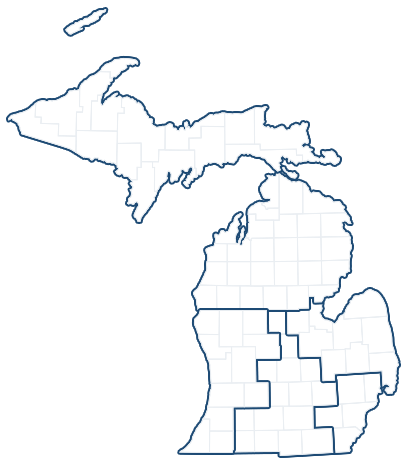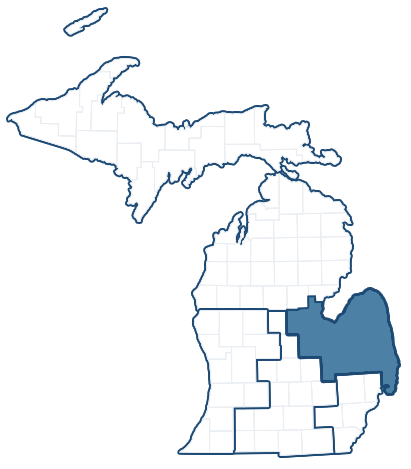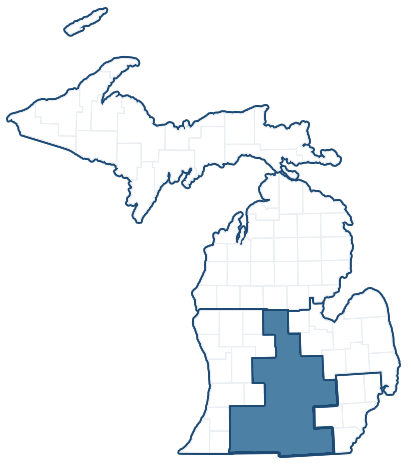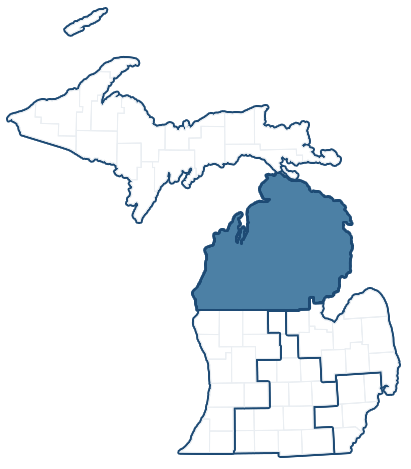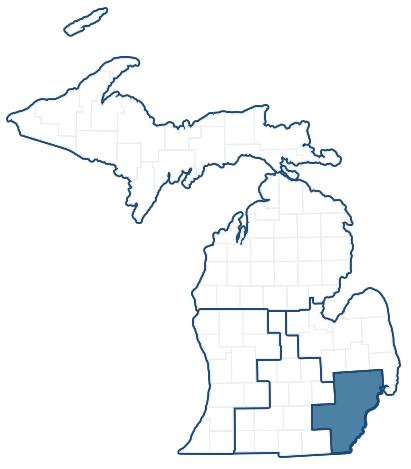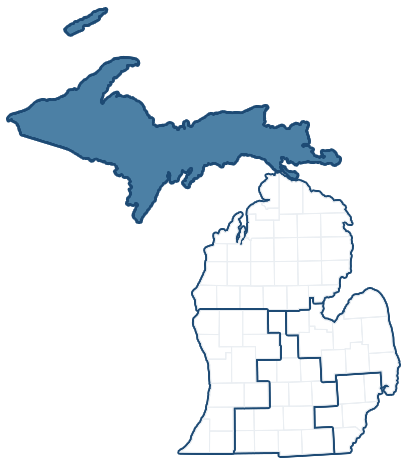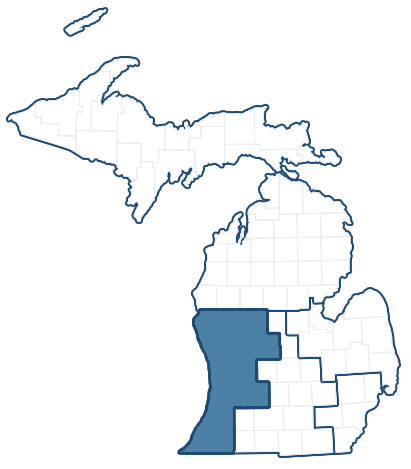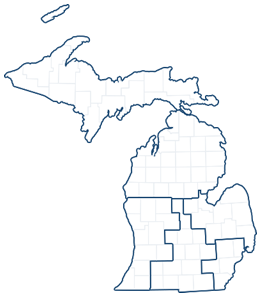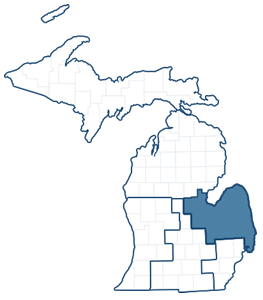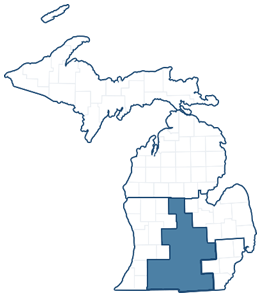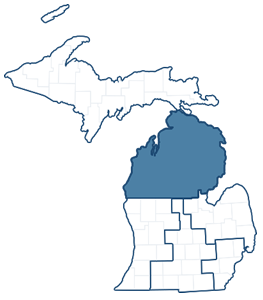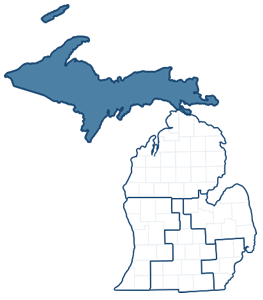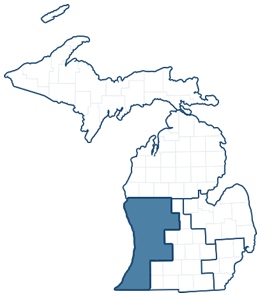Senator Stabenow Introduces Bipartisan Early Pell Promise Act
Wednesday, May 08, 2019
WASHINGTON, D.C. – U.S. Senator Debbie Stabenow (D-MI) today introduced bipartisan legislation to make sure that students who work hard to get into college can enroll regardless of their financial circumstances. Under current law, students only find out how much financial aid they will receive right before attending college. The Early Pell Promise Act, which is cosponsored by Senators Todd Young (R-IN) and Doug Jones (D-AL), provides more financial certainty for families by pre-qualifying certain students for full Pell Grant support starting as early as the eighth grade. It also ensures that families and students who pre-qualify for aid receive additional information about the cost of college attendance and student financial aid.
“Too many young people in Michigan aren't aware of the resources available to help them find the right college, let alone how to make it a reality,” Senator Stabenow said. “Every child in America, no matter their financial situation, should know that if they work hard, study hard, and get good grades, the opportunity to attend college will be available after high school.”
“Too often, students and families get the message that college is unaffordable. While cost is certainly a significant real and perceived barrier to college, the Pell Grant continues to be one of the most effective investments in education that the federal government makes,” said Ryan Fewins-Bliss, Interim Executive Director of the Michigan College Access Network. “Michigan College Access Network strongly supports the Early Pell Promise Act in its efforts to inform students as early as eighth grade about their eligibility for a Pell Grant. This bill will make college more accessible to low-income students in Michigan and across the country."
This legislation is inspired by the Kalamazoo Promise, created in 2005, which provides hope and inspiration to students who have attended Kalamazoo Public Schools by paying for their college tuition at any of Michigan's state colleges or universities. Some states and localities that have implemented early financial aid commitment programs have seen a twenty to thirty percent increase in college enrollment. Numerous studies show that the earlier students are given information about financial aid options and benefits of post-secondary education, the more likely they are to finish high school and go to college.
The Early Pell Promise Act has been endorsed by the National Association of Student Financial Aid Administrators, National College Access Network, Education Finance Council, and Michigan College Access Network.
Next Article Previous Article



